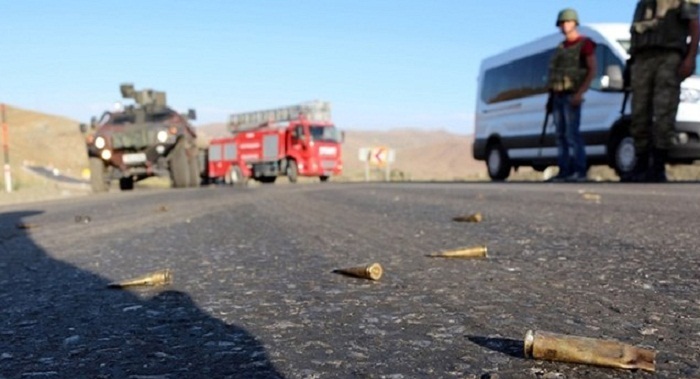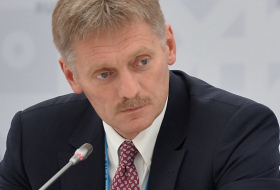Security officials told Reuters a female member of the outlawed PKK, which has fought a three-decade insurgency for Kurdish autonomy in Turkey’s southeast, was one of two suspected perpetrators. A police source said her severed hand had been found 300 metres from the blast site.
Evidence had been obtained that suggested she was born in 1992, was from the eastern city of Kars near the Armenian border, and had joined the militant group in 2013, they said.
Violence has spiralled in Turkey’s predominantly Kurdish southeast since a 2-1/2 year ceasefire with the PKK collapsed in July. The militants have so far largely focused their strikes on security forces in southeastern towns, many of which have been under curfew.
But attacks in Ankara and in Istanbul over the last year, and the activity of Islamic State as well as Kurdish fighters, have raised concerns among NATO allies who see Turkey’s stability as vital to containing violence in neighbouring Syria and Iraq. President Tayyip Erdogan is also eager to dispel any notion he is struggling to maintain security.
“With the power of our state and wisdom of our people, we will dig up the roots of this terror network which targets our unity and peace,” Foreign Minister Mevlut Cavusoglu said on Twitter.
The Turkish military said 11 warplanes carried out air strikes on 18 targets in northern Iraq early on Monday, including ammunition depots and shelters. The PKK has its bases in the mountains of northern Iraq, controlling operations across the frontier in Turkey.
A round-the-clock curfew was declared in three southeastern towns in order to conduct operations against Kurdish militants, local officials said. Many locals fled the towns in anticipation of the operations
Victims of Sunday’s attack included the father of Umut Bulut, a footballer who plays for Turkey and Galatasaray, the Istanbul club said on its website.
WAR IN SYRIA
Turkey’s government sees the unrest in its southeast as closely tied to the war in Syria, where a Kurdish militia has seized territory along the Turkish border as it battles Islamic State militants and rebels fighting President Bashar al-Assad.
Ankara fears those gains are stoking Kurdish separatist ambitions at home and says Syrian Kurdish fighters share deep ideological and operational ties with the PKK.
They also complicate relations with the United States which, while deeming the PKK to be a terrorist group, sees the Syrian Kurds as an important ally in battling Islamic State. Such is the complexity and sensitivity of alliances in the region.
The explosives were the same kind as those used in the Feb. 17 attack that killed 29 people, mostly soldiers, and the bomb had been packed with pellets and nails to cause maximum injury and damage, the source told Reuters.
The attack is the third in five months to hit Ankara, a government town dominated by ministries, parliament, embassies and the sprawling armed forces headquarters compounds. More than 100 people were killed in a double suicide bombing in October that has been blamed on Islamic State.
Turkey is part of the U.S.-led coalition fighting Islamic State in Syria and Iraq. The militant group has been blamed for at least four bomb attacks on Turkey since June 2015, including the killing of 10 German tourists in Istanbul in January. Local jihadist groups and leftist radicals have also staged attacks.
There was little immediate reaction in financial markets, with the lira
“It is clear that Turkey’s political risk profile is rising gradually and the country is not yet safe for long-term investors,” Atilla Yesilada of Istanbul-based consultancy Global Source Partners said in a note to clients.
The German foreign ministry issued a travel warning for Turkey of potential terrorist attacks.
In its armed campaign, the PKK has historically struck directly at the security forces and says it does not target civilians. A direct claim of responsibility for Sunday’s bombing would indicate a major tactical shift.
The Kurdistan Freedom Hawks (TAK) claimed responsibility for the February bombing. TAK says it has split from the PKK, although experts who study Kurdish militants say the two are affiliated.
More about:






















-1744366755.jpg&h=190&w=280&zc=1&q=100)

























